Monograph Launch
On the last Monday in August, the new international publication MATHEMATICS EDULARP – Educatio…
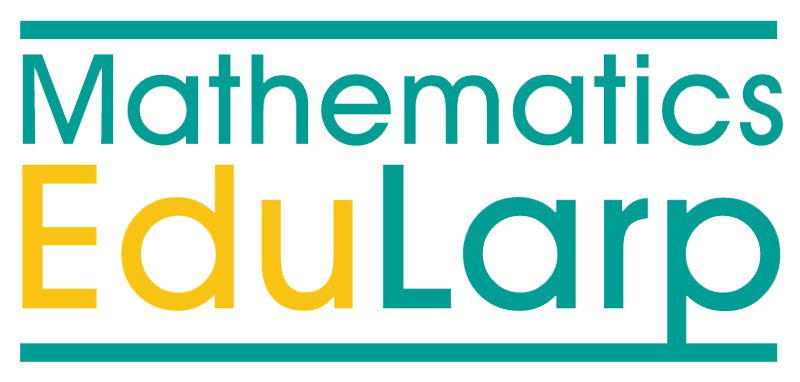
Applicant: VŠB – Technical University of Ostrava, Innovation Support Centre
Partners: The University of Cantabria, The University of Genova
Project identification code: 2019-1-CZ01-KA201-061377
Project duration: September 2019 – August 2022, (36 months)
Financed by: Erasmus+ Programme, Cooperation for innovation and the exchange of good practices, KA201 – Strategic Partnerships for school education
The main project objective
The main objective of the project is to develop and verify in practice Mathematics EduLarp programme, which will be used for the high schools as a supplement to the teaching mathematics or other STEM disciplines.
Sub – objectives of the project:
* to develop mathematical competence through the innovative Mathematical EduLarp
* to open new ideas and new approach among the community of mathematics education (teachers, teacher educators, and researchers)
* to improve social competencies the educational role-playing game
* to contribute to the pedagogical methodology and prepare the research monography about EduLarps
Applicant: VŠB – Technical University of Ostrava, Innovation Support Centre
Partners: The University of Cantabria, The University of Genova
Project identification code: 2019-1-CZ01-KA201-061377
Project duration: September 2019 – August 2022, (36 months)
Financed by: Erasmus+ Programme, Cooperation for innovation and the exchange of good practices, KA201 – Strategic Partnerships for school education
The main project objective
The main objective of the project is to develop and verify in practice Mathematics EduLarp programme, which will be used for the high schools as a supplement to the teaching mathematics or other STEM disciplines.
Sub – objectives of the project:
* to develop mathematical competence through the innovative Mathematical EduLarp
* to open new ideas and new approach among the community of mathematics education (teachers, teacher educators, and researchers)
* to improve social competencies the educational role-playing game
* to contribute to the pedagogical methodology and prepare the research monography about EduLarps
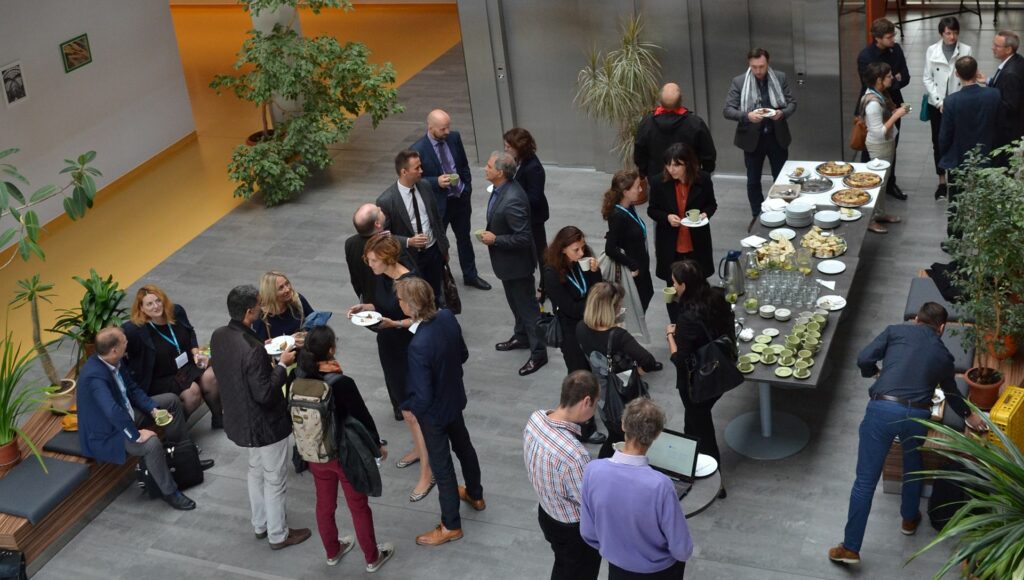
On the last Monday in August, the new international publication MATHEMATICS EDULARP – Educatio…
On 14 – 16 September 2020, the XXVIII Annual Conference of the Czech Association of Educationa…
We would like to invite you to the launch of the new publication MATHEMATICS EDULARP – Educational L…
On the last Monday in August, the new international publication MATHEMATICS EDULARP – Educatio…
On 14 – 16 September 2020, the XXVIII Annual Conference of the Czech Association of Educationa…
We would like to invite you to the launch of the new publication MATHEMATICS EDULARP – Educational L…
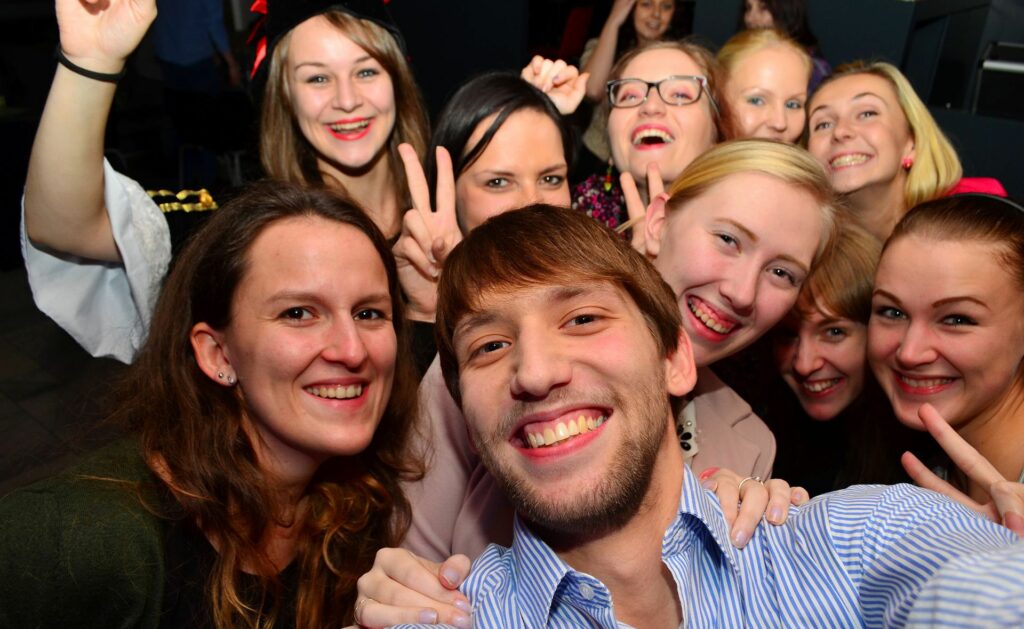
We created the complex methodology of the Mathematics EduLarp course, that can be used by any high school and mathematics teachers. The methodology was introduced first to schools participating in the testing phase and then was organized an interactive workshop in every country for teachers, that hadn´t been involved in the project to introduce the programme to them.
This innovative and attractive approach in mathematics education means greater effectiveness in mathematics education, new approaches to better support development of key competencies.
All the project activities have one aim in common – development of students ‘skills. It will mainly happen by the testing phase of created EduLarp game. The Mathematics EduLarp will increase not only their knowledge in mathematics, decision logic thinking, and algorithmic thinking.
Publication Mathematics EduLARP – Educational Live Action Role Playing Game in Mathematical Context is available here.
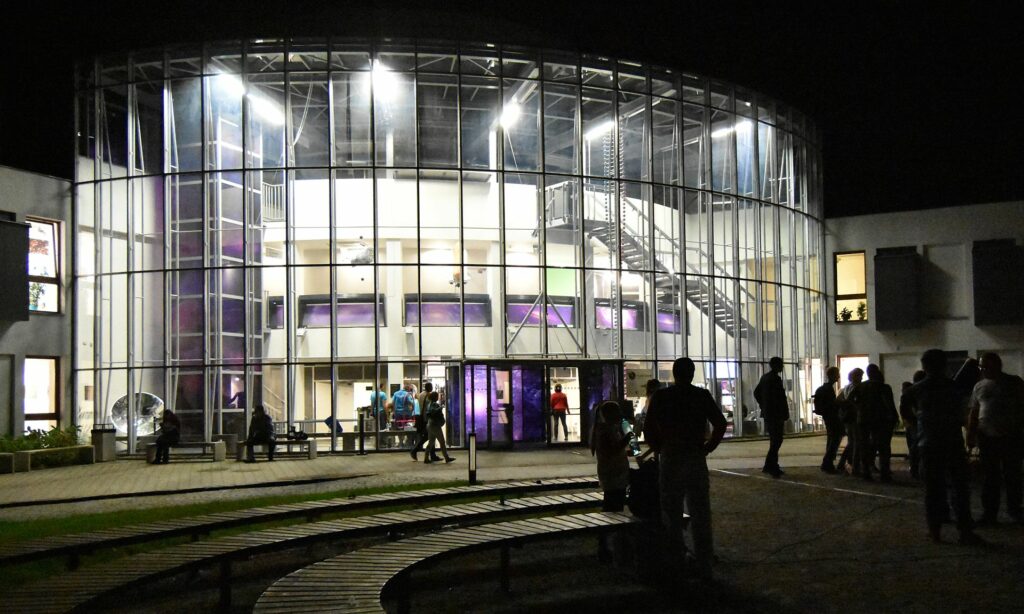
We will create the complex methodology of the Mathematics EduLarp course, that can be at the end used by any high school and mathematics teachers. The methodology will be introduced first to schools participating in the testing phase and then we will organize an interactive workshop in every country for teachers, that haven´t been involved in the project to introduce the programme to them.
This innovative and attractive approach in mathematics education means greater effectiveness in mathematics education, new approaches to better support development of key competencies.
All the project activities have one aim in common – development of students ‘skills. It will mainly happen by the testing phase of created EduLarp game. The Mathematics EduLarp will increase not only their knowledge in mathematics, decision logic thinking, and algorithmic thinking.
Publication Mathematics EduLARP – Educational Live Action Role Playing Game in Mathematical Context is available here.

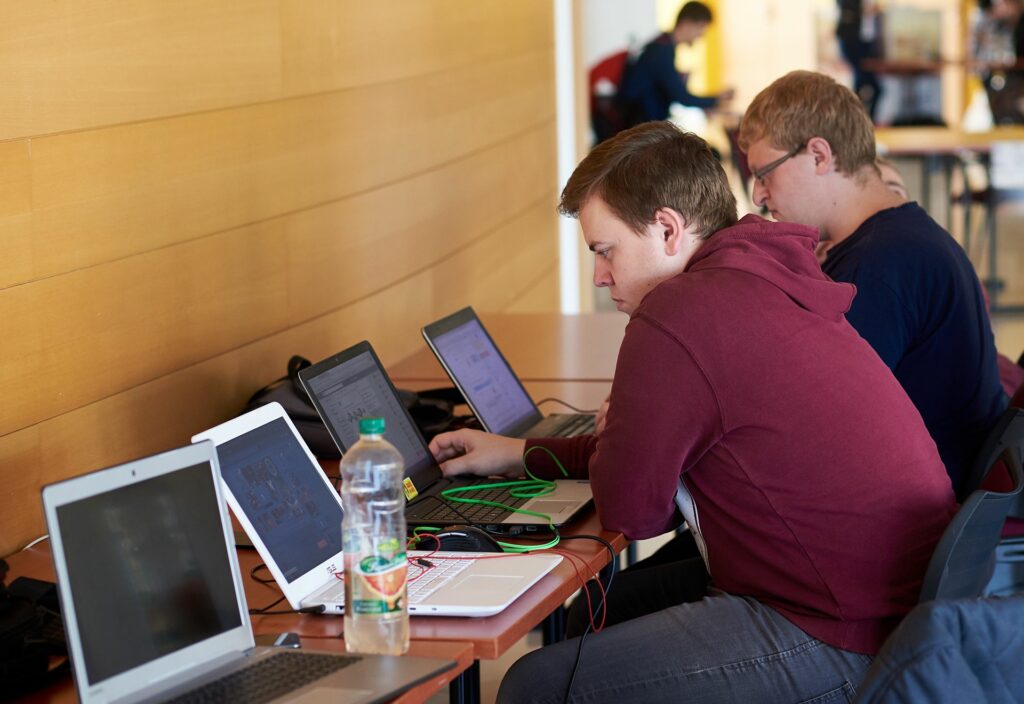
The desired impact is to involve high schools and students in new methods of Mathematics EduLarp programme. We will inform about the project all high schools in relevant regions and encourage them to use the material in the lessons. Moreover, we can include the links to the open project websites, where all the materials will be posted for free download. We will also invite public and high school teachers for dissemination events, so they can see the results of the programme. This will keep them informed about hte methodology used as well as about Erasmus + programme.
About national level we suppose that Mathematics EduLarp will be used in high schools in our countries and more high schools will cooperate with universities. We will motivate high schools to participate in the programme. We will also inform them about all necessary news connected with the method. At European level we will create the material also in english so any school can use it. We will also inform schools through e-Twinning and School education getaway platform and we expect there will be more high schools.
The desired impact is to involve high schools and students in new methods of Mathematics EduLarp programme. We will inform about the project all high schools in relevant regions and encourage them to use the material in the lessons. Moreover, we can include the links to the open project websites, where all the materials will be posted for free download. We will also invite public and high school teachers for dissemination events, so they can see the results of the programme. This will keep them informed about hte methodology used as well as about Erasmus + programme.
About national level we suppose that Mathematics EduLarp will be used in high schools in our countries and more high schools will cooperate with universities. We will motivate high schools to participate in the programme. We will also inform them about all necessary news connected with the method. At European level we will create the material also in english so any school can use it. We will also inform schools through e-Twinning and School education getaway platform and we expect there will be more high schools.

VSB – Technical University of Ostrava is a public institution of higher education which provides tertiary education in more than one hundred accredited educational programmes in engineering, IT, technology, economics and business related branches. A wide range of high quality, Czech and English taught programmes are offered within seven Faculties and two all-University Programmes. Currently, around 15,000 students are enrolled at the university. Each year the university welcomes around 1400 international students.
The Innovation Support Centre is a specialised organisational unit of the VSB-TUO responsible for developmental activities in the field of science-industry collaboration, knowledge transfer and career development of students and graduates. The Centre co-operates closely with individual departments as well as other units of the university, research organisations and public sector institutions. It consists of three specific parts – Projects Support Centre, Entrepreneurship and Career Centre and R&D Results Commercialisation. The main activities include:
– Integration of the university into research projects. The Centre looks for suitable projects and programmes, which can be attractive for collaborative activities of the university, and conducts collaborative projects;
– Entrepreneurship support, programs for young entrepreneurs and star ups, internships, internationalisation of business
– Support to IPR commercialisation and operation of the business incubator.
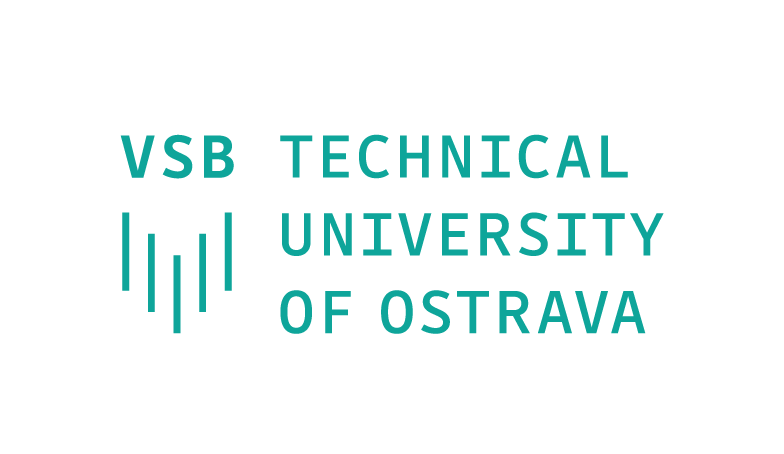
The University of Cantabria (Spain) is a modern public institution whose main purpose is to contribute to social progress through a firm commitment to teaching and scientific excellence. UC consists of 1,230 researchers and 12,267 students. It has 5 Research Institutes, 3 Foundations and 1 business incubator, as well as 162 R+D groups from 32 departments. The pursuit of international excellence is divided into the specialization areas of Biotechnology, Information and Communication Technology, Climate action and Environment, Resource efficiency and Raw materials, Secure, Clean and Efficient energy, and Advanced Manufacturing and Processing.
UC has an extensive experience in international research projects and programmes, participating in more than 100 projects both in the Seventh Framework Program (FP7, 2007-2013) and in the Horizon 2020 calls. With a strong track record in assisting international consortia in proposal preparation, contract negotiation, project implementation and communication, UC’s European Projects Office personnel offers professional support along the whole life cycle of an EU project.
Regarding student and staff mobility, the University has signed 216 agreements with European Universities (Erasmus programme), 64 with Latin-American institutions, 8 with universities in the United States and 1 with an Australian university, sending and receiving more than 600 exchange students within this framework.
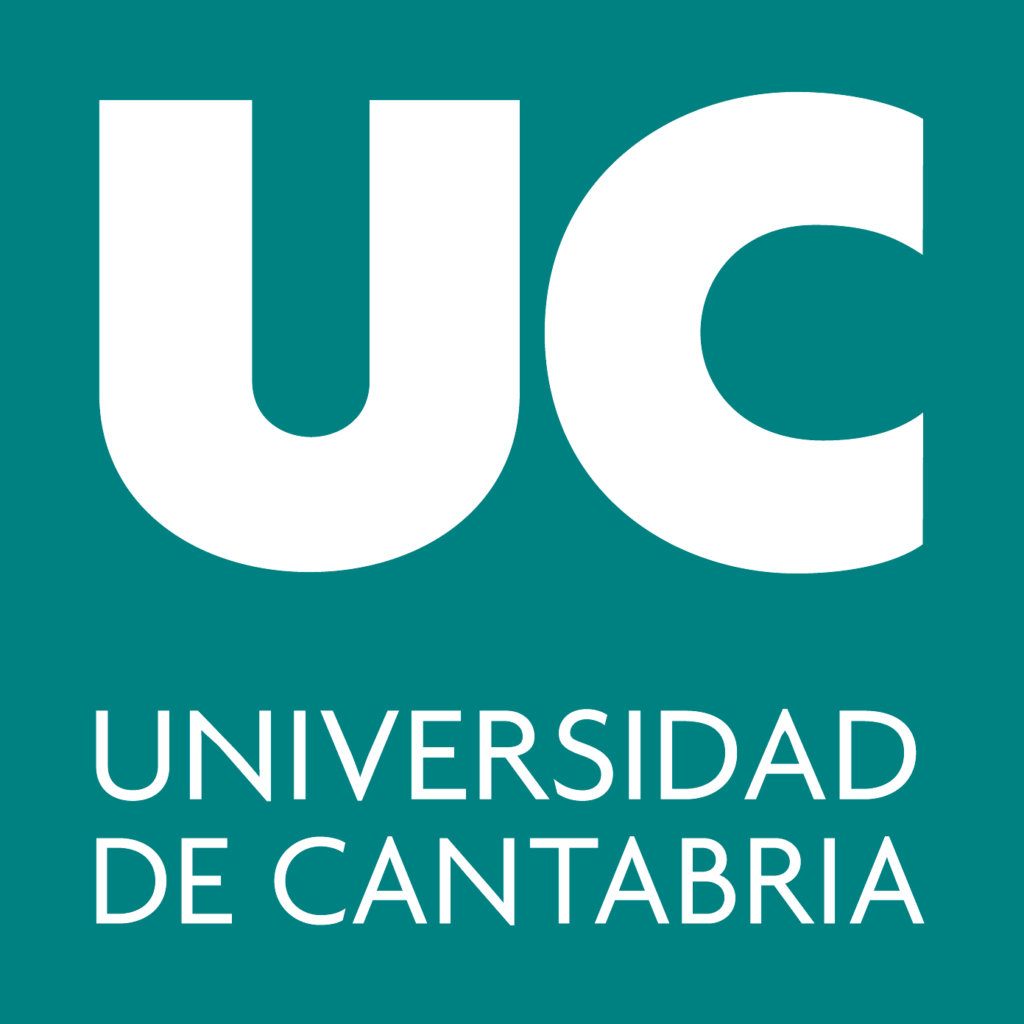
The partner from The University of Genova brings to the project the experience with designing and realizing the Edularp programmes with the target group. Knowledge from the creation of educational games and work with the target group are transferable from previous projects with a different learning focus. The partner offers well established network of cooperating high schools.
The University of Genova aims at equipping students with a sound cultural and scientific basis and tools to address in a strict and conscious way their future professional careers, offering concrete possibilities of integration between theory and practice, including internships at companies and training periods abroad.
The existing international cooperation concerns the fields of research and didactics, with many scientific bilateral and multilateral agreements and European Union projects.
The Department of Education (DISFOR), one of the 4 departments that constitute the School of Social Sciences, has a long experience on International cooperation and participation to European project (Tempus, Erasmus Mundus, FP 7, Erasmus+ KA2): it has been a coordinator for several EU projects with excellent feedback from commitment. At DISFOR we have anthropologists, philosophers, geographers, linguists, pedagogues, psychologists, sociologists and historians who conduct disciplinary and interdisciplinary research, covering a wide spectrum of Huma
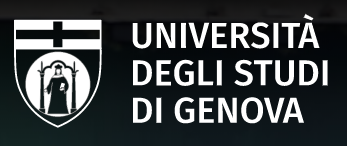
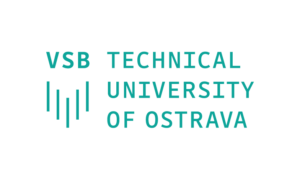
VSB – Technical University of Ostrava is a public institution of higher education which provides tertiary education in more than one hundred accredited educational programmes in engineering, IT, technology, economics and business related branches. A wide range of high quality, Czech and English taught programmes are offered within seven Faculties and two all-University Programmes. Currently, around 15,000 students are enrolled at the university. Each year the university welcomes around 1400 international students.
The Innovation Support Centre is a specialised organisational unit of the VSB-TUO responsible for developmental activities in the field of science-industry collaboration, knowledge transfer and career development of students and graduates. The Centre co-operates closely with individual departments as well as other units of the university, research organisations and public sector institutions. It consists of three specific parts – Projects Support Centre, Entrepreneurship and Career Centre and R&D Results Commercialisation. The main activities include:
– Integration of the university into research projects. The Centre looks for suitable projects and programmes, which can be attractive for collaborative activities of the university, and conducts collaborative projects;
– Entrepreneurship support, programs for young entrepreneurs and star ups, internships, internationalisation of business
– Support to IPR commercialisation and operation of the business incubator.
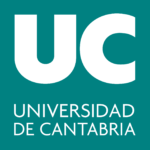
The University of Cantabria (Spain) is a modern public institution whose main purpose is to contribute to social progress through a firm commitment to teaching and scientific excellence. UC consists of 1,230 researchers and 12,267 students. It has 5 Research Institutes, 3 Foundations and 1 business incubator, as well as 162 R+D groups from 32 departments. The pursuit of international excellence is divided into the specialization areas of Biotechnology, Information and Communication Technology, Climate action and Environment, Resource efficiency and Raw materials, Secure, Clean and Efficient energy, and Advanced Manufacturing and Processing.
UC has an extensive experience in international research projects and programmes, participating in more than 100 projects both in the Seventh Framework Program (FP7, 2007-2013) and in the Horizon 2020 calls. With a strong track record in assisting international consortia in proposal preparation, contract negotiation, project implementation and communication, UC’s European Projects Office personnel offers professional support along the whole life cycle of an EU project.
Regarding student and staff mobility, the University has signed 216 agreements with European Universities (Erasmus programme), 64 with Latin-American institutions, 8 with universities in the United States and 1 with an Australian university, sending and receiving more than 600 exchange students within this framework.
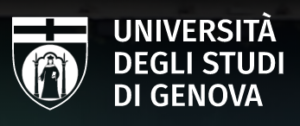
The partner from The University of Genova brings to the project the experience with designing and realizing the Edularp programmes with the target group. Knowledge from the creation of educational games and work with the target group are transferable from previous projects with a different learning focus. The partner offers well established network of cooperating high schools.
The University of Genova aims at equipping students with a sound cultural and scientific basis and tools to address in a strict and conscious way their future professional careers, offering concrete possibilities of integration between theory and practice, including internships at companies and training periods abroad.
The existing international cooperation concerns the fields of research and didactics, with many scientific bilateral and multilateral agreements and European Union projects.
The Department of Education (DISFOR), one of the 4 departments that constitute the School of Social Sciences, has a long experience on International cooperation and participation to European project (Tempus, Erasmus Mundus, FP 7, Erasmus+ KA2): it has been a coordinator for several EU projects with excellent feedback from commitment. At DISFOR we have anthropologists, philosophers, geographers, linguists, pedagogues, psychologists, sociologists and historians who conduct disciplinary and interdisciplinary research, covering a wide spectrum of Humanities Sciences.